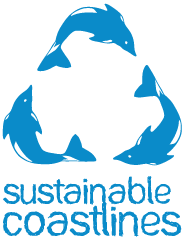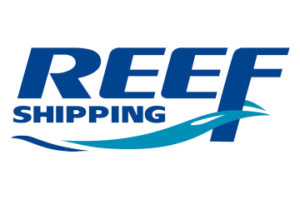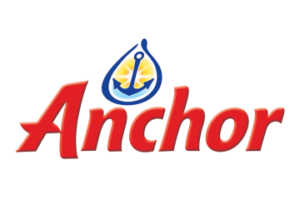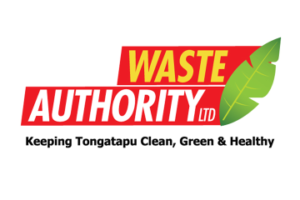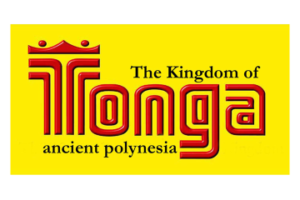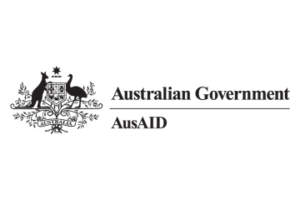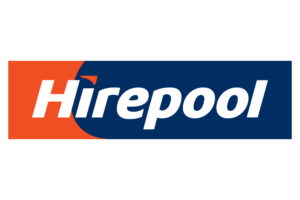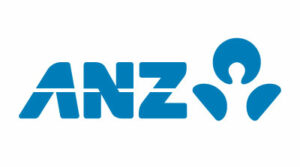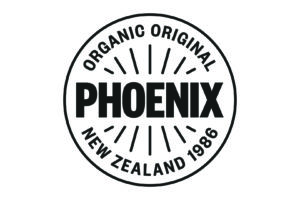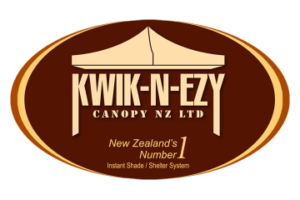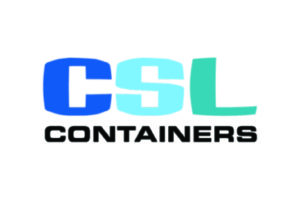This event was massive. Young and old joined forces to collect a colossal pile of rubbish from every corner of Foa and Lifuka Islands, with over 3,000 people getting involved from a total population of around 4,500. Over 120 truckloads of plastic, steel, aluminum, glass and all other manner of waste were sorted for recyclables, bagged, and loaded into containers kindly transported to Pangai Harbour by Reef Shipping’s Southern Tiare. Eight shipping containers were filled with trash: around 50 tonnes was collected in total on the one day event. From here, all the rubbish will be shipped to Tongatapu, sorted for recycling, and the remainder sent to the properly managed landfill there.
We are now helping the local community and the Tongan government – who has been supportive of the initiative since it began – to achieve the ultimate goal of the project: to implement a waste management strategy for the area. This is set to become a formula for other small island states in Tonga and the Pacific.
Background
The Ha’apai’s are a very special place: a breeding ground for humpback whales and incredibly beautiful, isolated volcanic island group that is well off the beaten track.
However – due to their low lying topography, the islands are unsuitable for landfill, and build-up of rubbish poses a major threat to the local environment and the health of local people. The event is making an example of a system that could alleviate waste management challenges, with New Zealand’s Reef Shipping sending eight containers to remove the rubbish from the event.
Emily Penn, who has been living in Pangai for three months working with the local community in preparation for this day, explains what the large scale cleanup event and education program strives to achieve. “Firstly we aim to develop an understanding among the community about the negative effects improper disposal of rubbish has on local health and environment. Secondly we are exposing the problem in Ha’apai in order to establish a long term waste management solution.”
Rubbish provides a breeding ground for mosquitos, which transmit the vector born diseases such as dengue fever and Elephantitis that affect many areas of the Pacific. 97% of rubbish is burned in the Ha’apai Islands, with the plastic content releasing dioxins (which are known to cause severe health effects such as birth defects and liver cancer) in close proximity to people’s dwelling areas.
